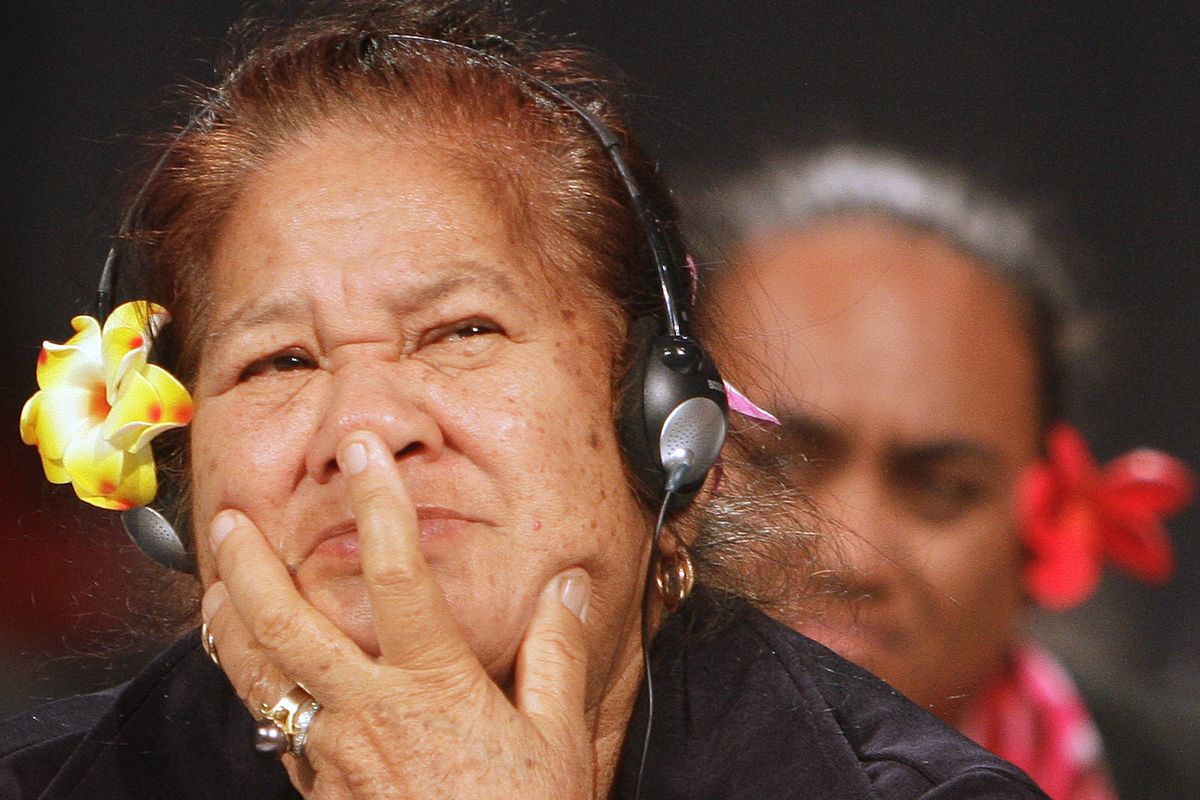U.S., Japan extend aid to developing nations
Concessions help keep climate talks alive

COPENHAGEN, Denmark – As President Barack Obama prepared to visit the historic climate conference here, there were signs Wednesday of a break in the impasse between rich and developing nations.
The United States and Japan agreed to make major contributions to the developing world to keep a deal alive. And the leader of a bloc of African nations said the group would accept a smaller – though still sizable – package of financial aid in return for going along with an agreement.
But tear gas hung in the air outside the conference center as protesters demanding faster and more stringent cuts in greenhouse-gas emissions clashed with police. And inside, talks were slowed by disagreements within the developing world – which has proved an unexpectedly powerful and fractious force.
Some environmentalists expressed hope that Obama’s appearance Friday, the final day of the 12-day talks, could help conclude these two chaotic weeks with a global deal.
Even before the United Nations-led talks began, it was clear they would not deliver what environmental groups had initially hoped for: a global treaty on climate change, with high-emitting countries formally pledging to reduce their greenhouse-gas emissions in the coming decades.
Instead, the goal was to sign a “political agreement,” in which nations would pledge to tackle emissions but without making a binding commitment under international law. The understanding was that a formal treaty would come in 2010.
That goal still seemed within reach Wednesday, one day before Secretary of State Hillary Rodham Clinton arrives to take part in the negotiations.
In a moment that distilled the diplomatic dance in Copenhagen, Ethiopian Prime Minister Meles Zenawi – who is representing all of Africa at the summit – unveiled his proposal Wednesday for a system in which rich countries would provide money to poor ones to help deal with the effects of climate change. These effects might include rising sea levels, droughts and changing rainfall patterns.
Zenawi said he would accept $30 billion a year in the short term, rising to $100 billion a year by 2020, for poor countries worldwide. This was seen as a key concession by developing countries, which previously spurned that figure – originally proposed by European countries – as too low.
Also Wednesday, Japanese officials said their country would provide $15 billion over the next three years to help impoverished countries adapt to climate change and lower emissions. But that offer would be good, State Secretary for Foreign Affairs Tetsuro Fukuyama said, only if a global agreement is reached this week.
The United States has yet to say how much money, if any, it will offer to poor countries for this purpose. But on Wednesday, Agriculture Secretary Tom Vilsack announced $1 billion in U.S. funding aimed at helping developing countries preserve their forests.
Wednesday’s progress was mainly concerned with just one of the conference’s sticking points: how much the rich should pay the poor. On other questions – including to what extent industrialized and major developing countries should reduce their emissions, and how to include these pledges in a global pact – the talks only inched forward.